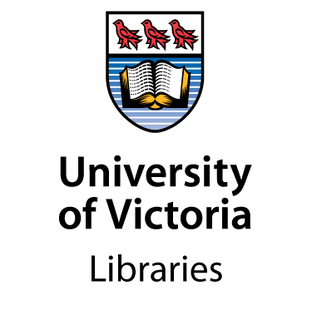Cultural-Linguistic Awareness and Discourse Community Collaborations: Storybase and ISP100: Writing for University and Beyond
Full description
Critical Language Awareness (CLA) (Shapiro, 2022) is a curricular element of ISP100: Writing for University and Beyond, a first-year writing course that prepares students to thrive in their academic and professional journeys. Determined to bring a CLA lens to an ISP100 unit focused on discourse communities (a threshold concept in writing studies), instructors Sheila Batacharya and Nelesi Rodrigues invited Outreach Librarian Desmond Wong to collaborate in designing a classroom talk about the Indian Residential School Survivors' Storybase (Storybase hereon).
During the visit, Wong shared historical information about Canadian Residential Schools and Storybase as a project created by a discourse community that included members of Indigenous organizations, Elders, Survivors, and UofT librarians. Following Wong’s talk, course instructors encouraged discussion to examine Storybase through ISP100 concepts and questions. This activity was facilitated twice, with some variation: The first day, two sections of ISP100 attended a synchronous hybrid talk and discussion. The second day, a video recording of the talk was shared with a third ISP100 section, and several pedagogical revisions were made to introduce and engage the presentation. This curricular intervention generated realizations about how activities bookending guest talks (i.e.: pre-talk framing and student preparation and post-talk discussion) are essential for successful integration of guest speaker contributions with course concepts.
Student preparation is important for meaningful engagement. Thus, our activity design included a) pre-talk student preparation and experience framing b) guest talk/presentation. c) post-talk group discussion facilitation. For example, students were asked to recall stories from their own communities and prompted to listen to Wong’s talk for discourse community characteristics (Swales, 2016). Furthermore, learning to ask generative questions is a lifelong practice, and our pre- and post-talk activities offered opportunities to practice this important skill (Tompkins, 2016). This session offers an example of collaboration between two ISP100 instructors, a UofT Librarian, and UTM students to meet course learning outcomes and integrate Indigenous curriculum as specified in UofT’s Calls to Action #17 in Answering the Call Wecheehetowin: Final Report of the Steering Committee for the University of Toronto Response to the Truth and Reconciliation Commission of Canada.
References:
Shapiro, S. (2022). Cultivating Critical Language Awareness in the Writing Classroom. Routledge, Taylor & Francis Group.
Swales, M., J. (2016, September 13). Reflections on the concept of discourse community. ASp: la revue du GERAS. 69. 7-19.
Tompkins, K. W. (2016). We aren’t here to learn what we already know. Avidly. https://avidly.lareviewofbooks.org/2016/09/13/we-arent-here-to-learn-what-we-know-we-already-know/
University of Toronto Libraries. (n.d.) Indian Residential School Survivors' Storybase. Retrieved on April 3, 2024 from https://irsssurvivors.library.utoronto.ca/home.
University of Toronto. (2017). Answering the call Wecheehetowin: Final report of the steering committee for the University of Toronto response to the Truth and Reconciliation Commission of Canada. The Steering Committee.
Bios:
Sheila Batacharya: https://www.utm.utoronto.ca/isup/people/sheila-batacharya
Nelesi Rodrigues: https://www.utm.utoronto.ca/isup/people/nelesi-rodrigues
Desmond Wong: https://onesearch.library.utoronto.ca/library-staff/desmond-wong
Comments
to view and add comments.
Annotations
No one has annotated a text with this resource yet.
- typePdf
- created on
- file formatpdf
- file size211 kB
- creatorSheila Batacharya, Nelesi Rodrigues, & Desmond Wong
- rights

